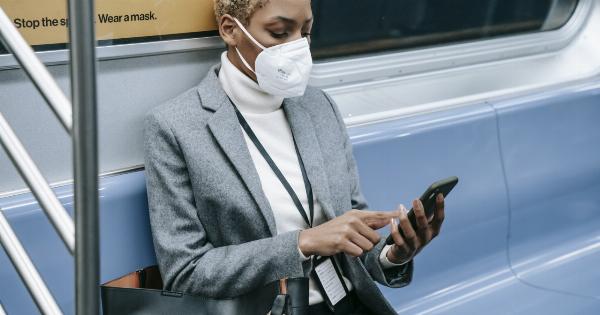Meningitis is a potentially life-threatening infection that targets the meninges, which are the membranes surrounding the brain and spinal cord.
There are several different types of meningitis, with Meningitis B being one of the most common and dangerous forms, especially in youth. In this article, we will discuss the causes, symptoms, prevention methods, and vaccinations available to defend against Meningitis B and keep our youth safe and healthy.
Understanding the Causes of Meningitis B
Meningitis B is caused by a bacterium known as Neisseria meningitidis. This bacterium spreads through respiratory droplets, such as coughing and sneezing, as well as close contact with an infected individual.
Adolescents and college students living in close quarters, such as dormitories, are particularly at risk due to the ease of transmission in such environments.
Recognizing the Symptoms of Meningitis B
The symptoms of Meningitis B can be similar to those of the flu or common cold, which makes it challenging to identify initially. However, it is crucial to be aware of the red flags that may indicate Meningitis B. These symptoms include:.
- Fever
- Severe headache
- Stiff neck
- Vomiting or nausea
- Sensitivity to light
- Confusion
- Seizures
If you or your child experience any of these symptoms, it is essential to seek medical attention promptly. Meningitis B can progress rapidly and cause severe complications if left untreated.
Prevention Methods and Vaccinations
Preventing Meningitis B is crucial in safeguarding our youth. Here are some effective prevention methods:.
1. Practicing Good Hygiene
Encourage regular and thorough handwashing to prevent the spread of bacteria. Teach proper sneezing and coughing etiquette by covering the mouth and nose with a tissue or elbow to minimize respiratory droplets’ dispersal.
2. Promoting Social Distancing
In situations where Meningitis B outbreaks occur, it is essential to practice social distancing. Avoid crowded places and close contact with individuals who are sick to reduce the risk of transmission.
3. Maintaining a Healthy Immune System
A strong immune system can help defend against infections, including Meningitis B. Encourage a healthy lifestyle, including regular exercise, a balanced diet, quality sleep, and stress management.
4. Ensuring Proper Ventilation
Proper ventilation in living spaces and public areas helps reduce the concentration of respiratory droplets and bacteria, reducing the risk of infection. Ensure proper airflow and ventilation systems in schools, dormitories, and other communal spaces.
5. Vaccinations for Meningitis B
Vaccinations play a crucial role in defending against Meningitis B. The most effective way to ensure protection is through the administration of the Meningitis B vaccine.
The vaccine helps the body develop immunity against the bacteria and significantly reduces the risk of infection and its complications. Consult with a healthcare provider to schedule the appropriate vaccinations for yourself or your child.
The Importance of Vaccination
Vaccination is a crucial step in defending against Meningitis B. It not only protects individuals who receive the vaccine but also helps establish herd immunity within the community.
By vaccinating a significant portion of the population, the spread of the bacteria can be significantly reduced, protecting even those who are unvaccinated or unable to receive the vaccine.
Conclusion
Meningitis B poses a significant threat to our youth’s health and well-being. By understanding its causes, recognizing its symptoms, and implementing effective prevention methods, we can defend against this potentially life-threatening infection.
Vaccinations, such as the Meningitis B vaccine, play a vital role in our defense strategy. By taking the necessary precautions and ensuring proper immunization, we can keep our youth safe and healthy.






























